Home>Health & Lifestyle>Air Quality & Filtration>What Is The Best Air Freshener For Your Home
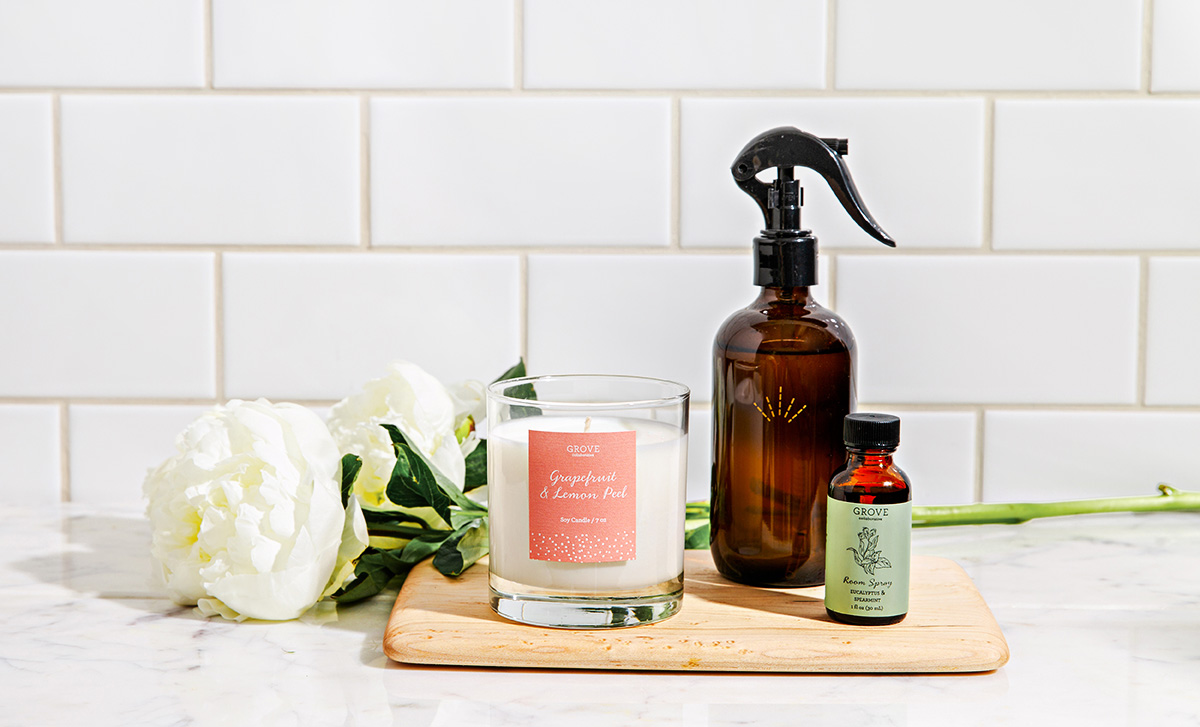

Air Quality & Filtration
What Is The Best Air Freshener For Your Home
Modified: February 25, 2024
Improve your indoor air quality with the best air freshener for your home. Find effective air-quality and filtration solutions to keep your space fresh and clean.
(Many of the links in this article redirect to a specific reviewed product. Your purchase of these products through affiliate links helps to generate commission for Storables.com, at no extra cost. Learn more)
Introduction
Introduction
Welcome to the comprehensive guide on finding the best air freshener for your home. We all desire a living space that not only looks inviting but also smells fresh and clean. However, with the myriad of air freshener options available, choosing the right one can be quite overwhelming. In this article, we will delve into the various factors to consider when selecting an air freshener, explore the different types of air fresheners, and provide recommendations for the best air fresheners for different rooms in your home. Additionally, we will discuss natural and do-it-yourself (DIY) air freshener alternatives for those who prefer a more organic approach to home fragrance. By the end of this guide, you will be equipped with the knowledge to make an informed decision and create a delightful, inviting atmosphere in your living space.
Key Takeaways:
- Choose the right air freshener by considering room size, fragrance strength, and allergies. Tailor scents to each room for a harmonious and inviting living space.
- Embrace natural alternatives like essential oils and DIY options for a healthier, eco-conscious approach to home fragrance. Create unique, delightful scents while reducing exposure to synthetic chemicals.
Read more: What Is The Best Plug-In Air Freshener
Factors to Consider When Choosing an Air Freshener
When choosing an air freshener for your home, several factors should be taken into consideration to ensure that you select the most suitable option for your specific needs. Here are some key considerations:
- Room Size: The size of the room where the air freshener will be used is an important factor. Larger rooms may require more potent or multiple air fresheners to effectively distribute the fragrance.
- Fragrance Strength: Consider the strength of the fragrance you desire. Some individuals prefer a subtle, lingering scent, while others may prefer a more intense, immediate fragrance impact.
- Duration of Fragrance: Determine how long you want the fragrance to last. Some air fresheners offer long-lasting effects, while others may need to be reapplied frequently.
- Allergies and Sensitivities: If you or your family members have allergies or sensitivities to certain scents or chemicals, opt for hypoallergenic or fragrance-free air freshener options to avoid potential adverse reactions.
- Personal Preferences: Your personal preferences play a significant role in choosing an air freshener. Consider the types of scents you enjoy and whether you prefer natural, organic fragrances or synthetic options.
- Pet-Friendly: If you have pets, it’s essential to choose an air freshener that is safe for them. Some air freshener ingredients can be harmful to pets, so look for pet-friendly options.
- Air Purifying Features: For individuals concerned with air quality, consider air fresheners with built-in air purifying features to help eliminate odors and improve indoor air quality.
- Aesthetic Appeal: The visual appeal of the air freshener and its packaging may also be a consideration, especially if you prefer to display the product openly in your living space.
By carefully considering these factors, you can narrow down the options and select an air freshener that aligns with your preferences and requirements, ultimately enhancing the ambiance of your home.
Types of Air Fresheners
When it comes to air fresheners, there is a wide array of options available, each offering unique features and benefits. Understanding the different types of air fresheners can help you make an informed decision when selecting the most suitable product for your home. Here are some common types of air fresheners:
- Aerosol Sprays: Aerosol sprays are popular for their convenience and ease of use. They release a fine mist of fragrance into the air when sprayed, providing an instant burst of freshness. However, some aerosol sprays contain chemicals that may contribute to indoor air pollution, so it’s important to choose products with natural or low-VOC formulations.
- Plug-In Air Fresheners: Plug-in air fresheners are designed to be connected to electrical outlets. They typically use replaceable fragrance refills and come in a variety of scents. These devices are known for their continuous, long-lasting fragrance release, making them suitable for larger spaces.
- Gel Air Fresheners: Gel air fresheners consist of scented gel enclosed in a container. As the gel gradually evaporates, it releases fragrance into the surrounding area. These air fresheners are often used in small spaces such as bathrooms and closets.
- Reed Diffusers: Reed diffusers are a popular choice for those who prefer a more natural and decorative approach to home fragrance. They consist of a glass bottle filled with scented oil and reed sticks. The reeds absorb the oil and disperse the fragrance into the air, providing a subtle and consistent scent.
- Car Air Fresheners: Specifically designed for use in vehicles, car air fresheners come in various forms, including hanging cardboard or paper air fresheners, vent clips, and diffusers. These products are tailored to withstand temperature fluctuations and provide a pleasant driving experience.
- Candle Air Fresheners: Scented candles not only add fragrance to a room but also create a warm, inviting ambiance. They are available in a wide range of scents and can be used as decorative elements in addition to providing fragrance.
- Natural Air Fresheners: Natural air fresheners utilize essential oils and plant-based ingredients to create pleasant scents without synthetic chemicals. They are ideal for individuals seeking eco-friendly and non-toxic fragrance options.
Each type of air freshener offers distinct advantages, and the choice ultimately depends on your personal preferences, the size and layout of the space, and any specific requirements or sensitivities you may have. By understanding the characteristics of each type, you can make an informed decision that aligns with your needs and enhances the atmosphere of your home.
Consider using natural air fresheners such as essential oil diffusers, houseplants, or baking soda to eliminate odors and freshen the air in your home without the use of harsh chemicals.
Best Air Fresheners for Different Rooms
Choosing the right air freshener for each room in your home can significantly impact the overall ambiance and atmosphere. Different rooms have unique characteristics and functions, so it’s essential to select air fresheners that are well-suited to their specific requirements. Here are recommendations for the best air fresheners for different rooms:
- Living Room: For the living room, consider using a reed diffuser or a plug-in air freshener with a warm, inviting scent such as vanilla, sandalwood, or citrus. These fragrances create a welcoming environment for relaxation and social gatherings.
- Bedroom: In the bedroom, opt for a calming and soothing fragrance to promote restful sleep and relaxation. Lavender, chamomile, and jasmine scents are popular choices. Consider using a natural linen spray or a bedside reed diffuser for a subtle, tranquil ambiance.
- Kitchen: Given the variety of cooking odors that can linger in the kitchen, a strong, fresh scent is often preferred. Citrus, herbal, and minty fragrances are effective in neutralizing cooking odors. Consider using a gel air freshener or a natural citrus spray to keep the kitchen smelling clean and inviting.
- Bathroom: To combat moisture and odors in the bathroom, select air fresheners with crisp, clean scents such as eucalyptus, mint, or ocean breeze. Gel air fresheners or automatic spray dispensers are practical options for maintaining a fresh and hygienic atmosphere in the bathroom.
- Home Office: In a home office or study area, choose air fresheners that promote focus and concentration. Scents such as rosemary, peppermint, or citrus can enhance cognitive function and productivity. Consider using a desktop essential oil diffuser or a natural room spray to create an energizing work environment.
- Closets and Storage Spaces: For closets and storage areas, opt for discreet air freshening solutions such as sachets filled with natural herbs or scented beads. These options help keep clothing and linens smelling fresh while minimizing the risk of damage from direct contact with air freshener products.
By tailoring the choice of air fresheners to the specific needs and functions of each room, you can create a harmonious and pleasant living environment throughout your home. Additionally, consider experimenting with different scents to find the perfect fragrances that resonate with the atmosphere you wish to achieve in each space.
Natural and DIY Air Freshener Options
For those who prefer natural and chemical-free alternatives, there are numerous natural and do-it-yourself (DIY) air freshener options that offer delightful fragrances without the use of synthetic chemicals. These alternatives not only provide a pleasant aroma but also contribute to a healthier indoor environment. Here are some natural and DIY air freshener options to consider:
- Essential Oil Diffusers: Essential oils, derived from plants, offer a wide range of captivating scents and therapeutic benefits. Diffusing essential oils using a tabletop or wall-mounted diffuser can effectively freshen the air while promoting relaxation, mental clarity, and emotional well-being.
- Natural Room Sprays: Create your own natural room spray by combining water with a few drops of your favorite essential oils in a spray bottle. Lavender, lemon, peppermint, and eucalyptus are popular choices. Simply mist the spray in the air to infuse your living space with a refreshing fragrance.
- Baking Soda Deodorizers: Baking soda is renowned for its natural odor-absorbing properties. Place open containers of baking soda in closets, refrigerators, and other enclosed spaces to neutralize odors and maintain a fresh environment.
- Citrus Peels and Herbs: Repurpose citrus peels and fresh herbs by placing them in a pot of simmering water on the stove. As the mixture simmers, it releases a natural, fresh aroma throughout the home, serving as a simple and cost-effective air freshening method.
- DIY Scented Sachets: Create your own scented sachets by filling small fabric pouches with dried flowers, herbs, or aromatic spices such as lavender, rose petals, cinnamon, or cloves. Place these sachets in drawers, closets, or laundry baskets to impart a gentle, natural fragrance to linens and clothing.
- Beeswax Candles: Handmade beeswax candles scented with essential oils provide a natural and inviting fragrance while emitting a warm, soothing glow. Beeswax candles are an eco-friendly and sustainable alternative to conventional paraffin candles.
Embracing natural and DIY air freshener options not only reduces exposure to synthetic chemicals but also allows for creativity and personalization in crafting unique scents for your home. Furthermore, these alternatives contribute to a more eco-conscious and sustainable approach to home fragrance, aligning with the growing trend toward natural living and wellness.
Conclusion
Choosing the best air freshener for your home is a decision that goes beyond simply adding a pleasant scent to your living space. It involves considering factors such as room size, fragrance strength, duration of fragrance, and potential sensitivities, as well as aligning with your personal preferences and lifestyle choices. Understanding the various types of air fresheners and their respective benefits enables you to make an informed choice that enhances the ambiance of your home while ensuring a clean and inviting atmosphere.
By selecting the most suitable air fresheners for different rooms, such as using calming scents in the bedroom, fresh and invigorating fragrances in the kitchen, and clean, crisp scents in the bathroom, you can create a harmonious and welcoming environment tailored to each space’s unique purpose and function.
For those who prefer natural and DIY alternatives, the availability of essential oils, natural room sprays, and other creative options offers a sustainable and chemical-free approach to home fragrance, contributing to a healthier indoor environment and a more eco-conscious lifestyle.
Ultimately, the best air freshener for your home is one that not only imparts delightful fragrances but also aligns with your values, enhances the overall atmosphere, and contributes to a healthy and inviting living environment for you and your family. By carefully considering the factors, exploring different types of air fresheners, and embracing natural alternatives, you can transform your living space into a haven of fresh, captivating scents that resonate with your personal style and preferences.
Frequently Asked Questions about What Is The Best Air Freshener For Your Home
Was this page helpful?
At Storables.com, we guarantee accurate and reliable information. Our content, validated by Expert Board Contributors, is crafted following stringent Editorial Policies. We're committed to providing you with well-researched, expert-backed insights for all your informational needs.
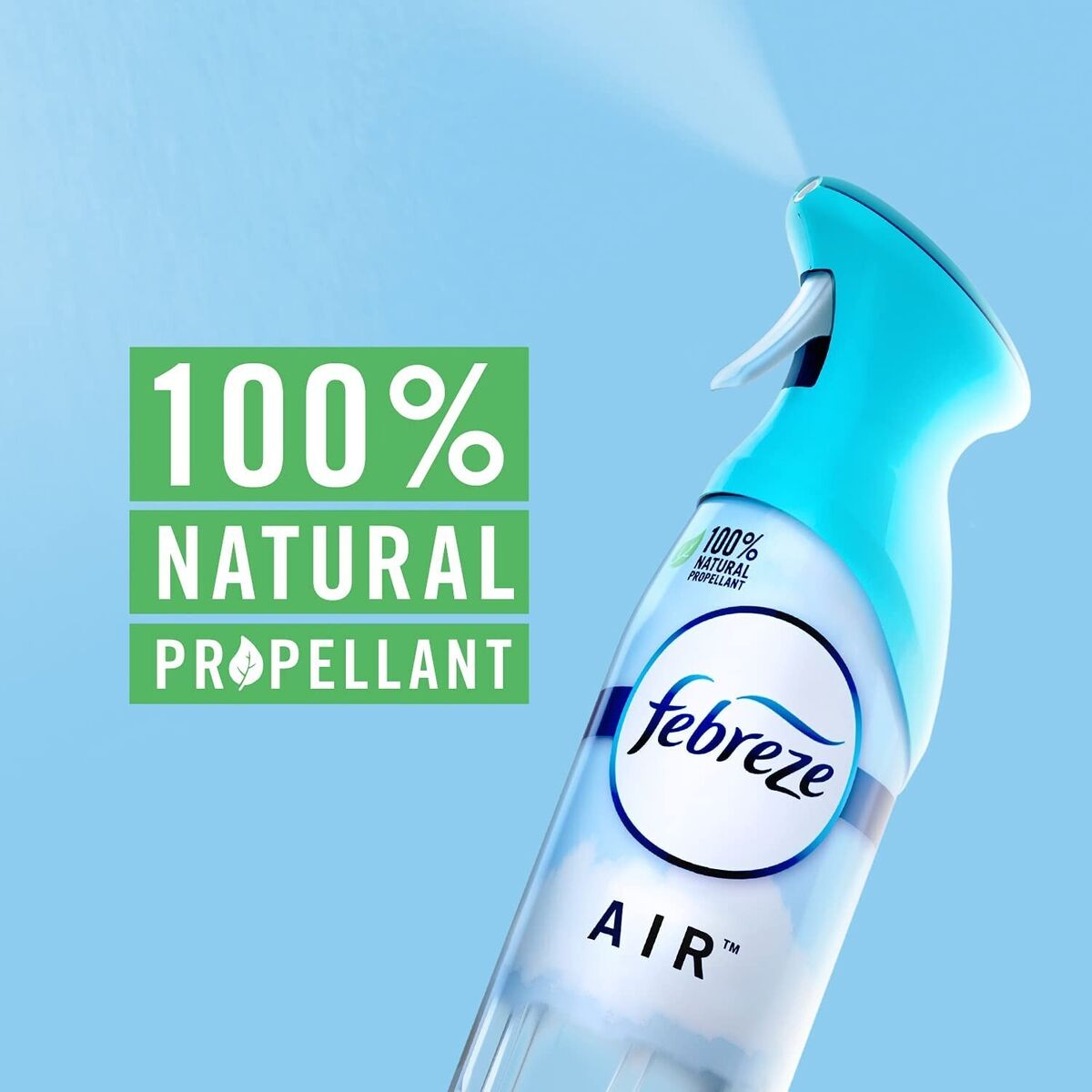

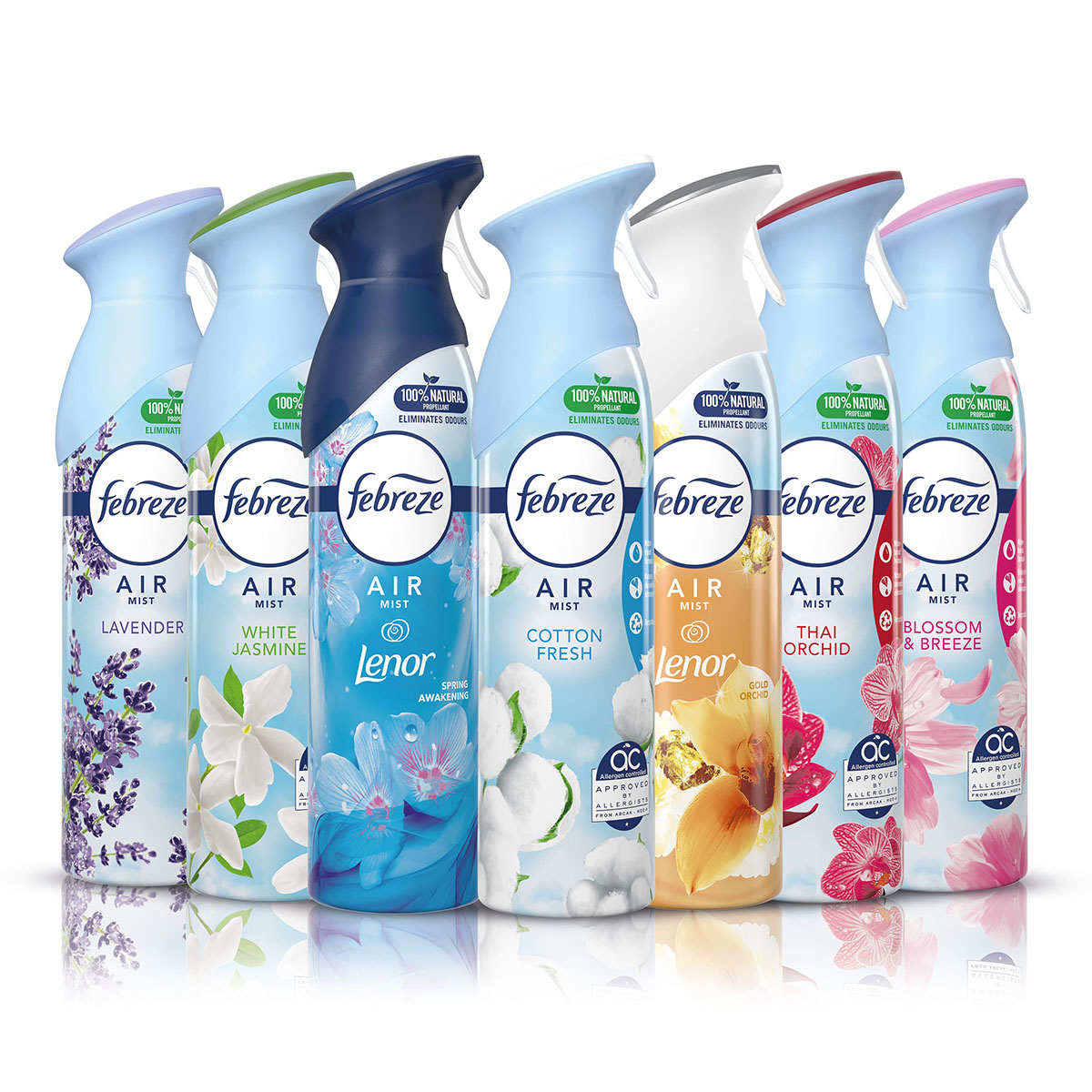

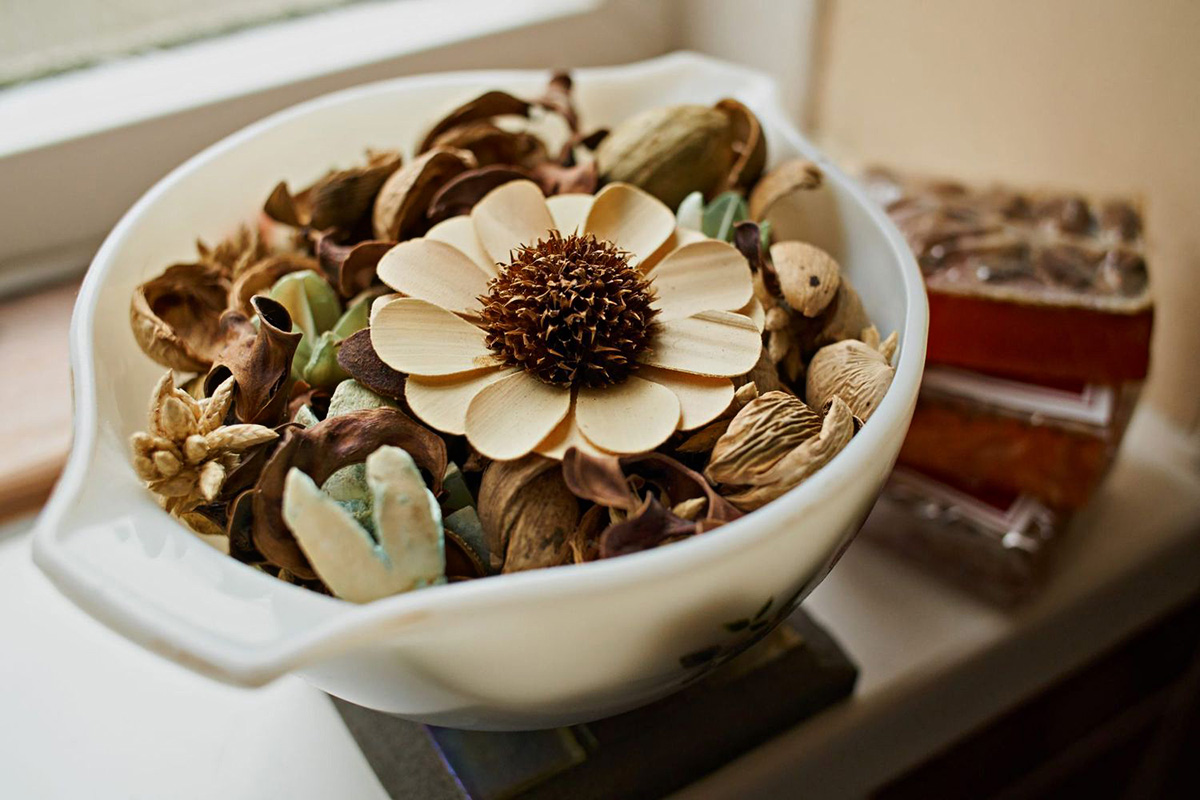
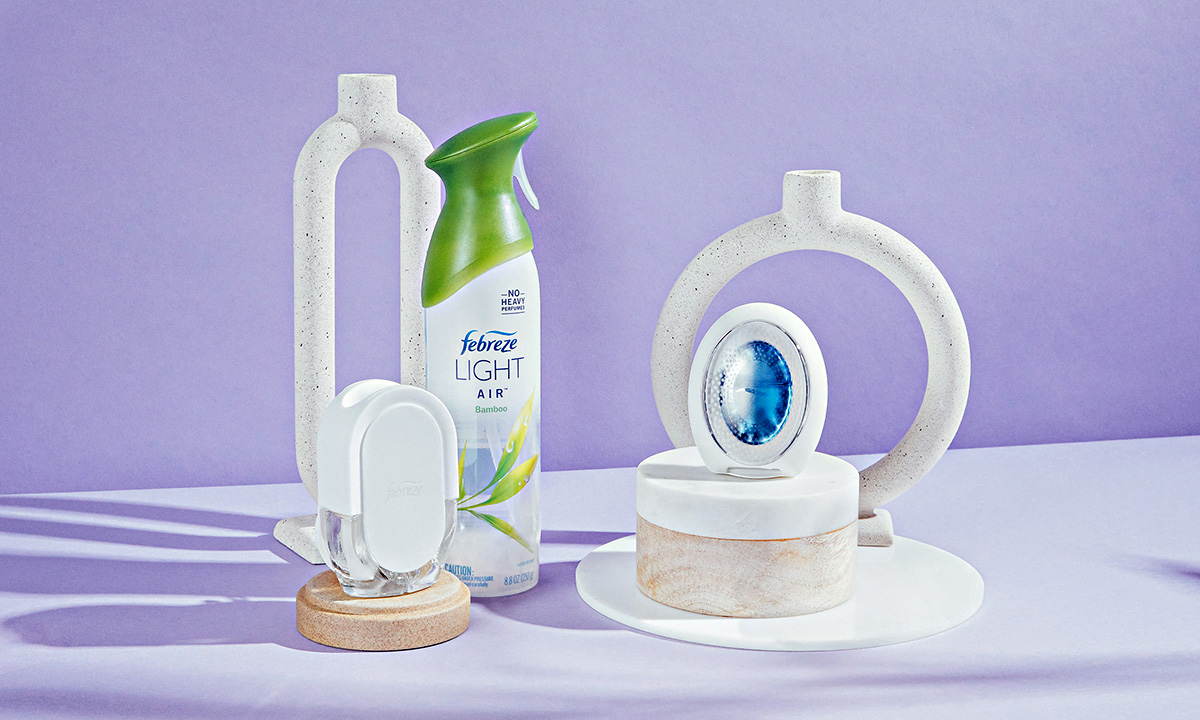

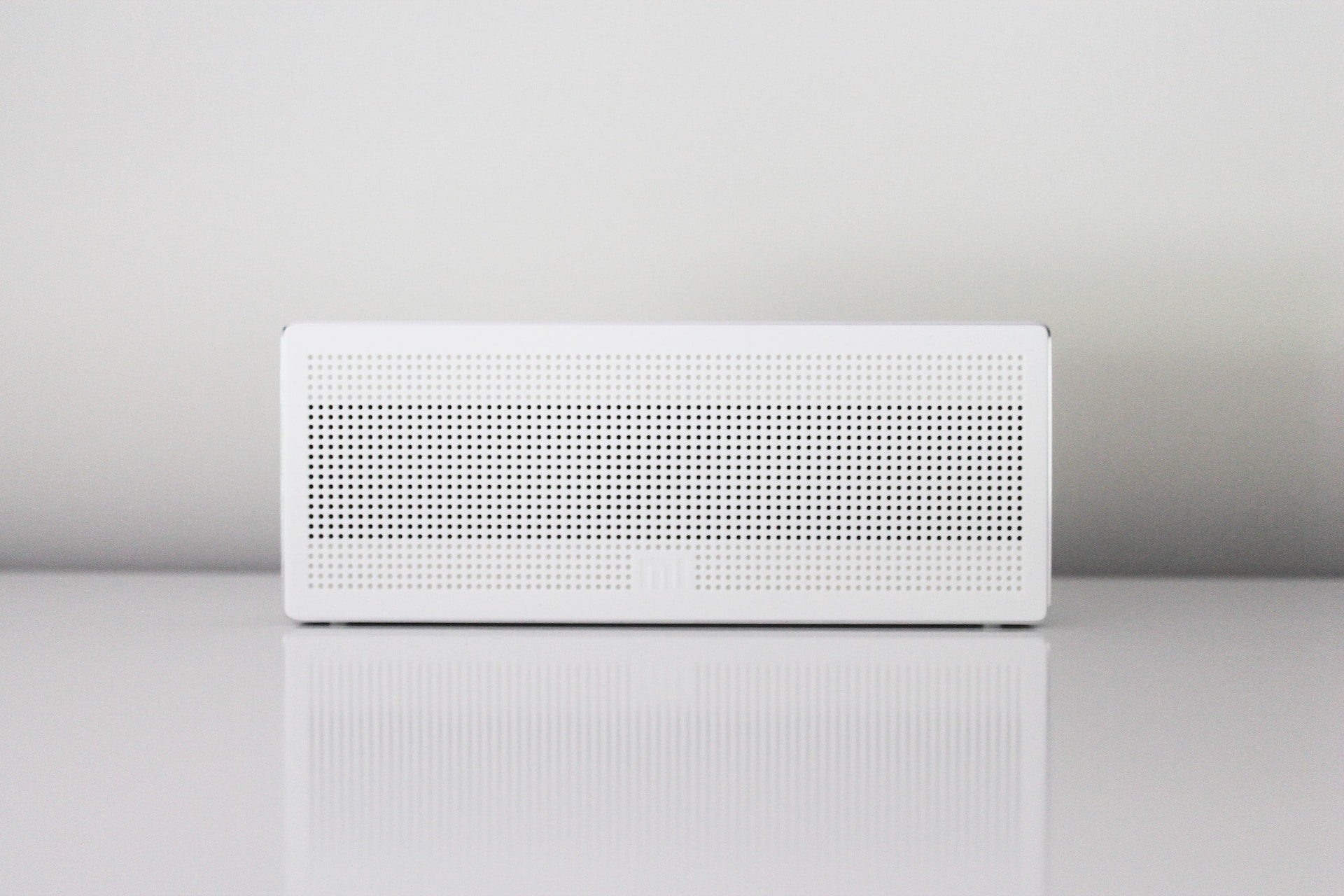
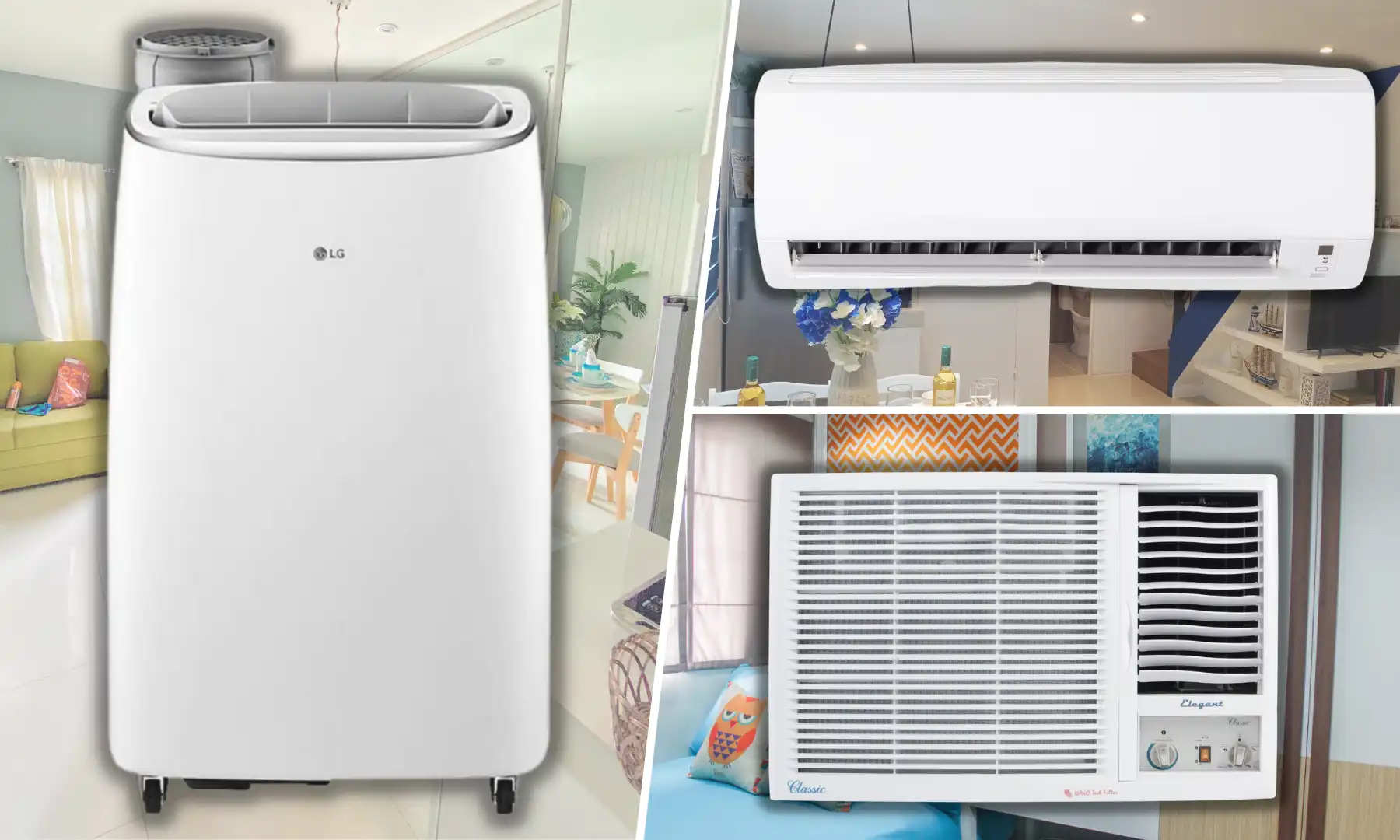
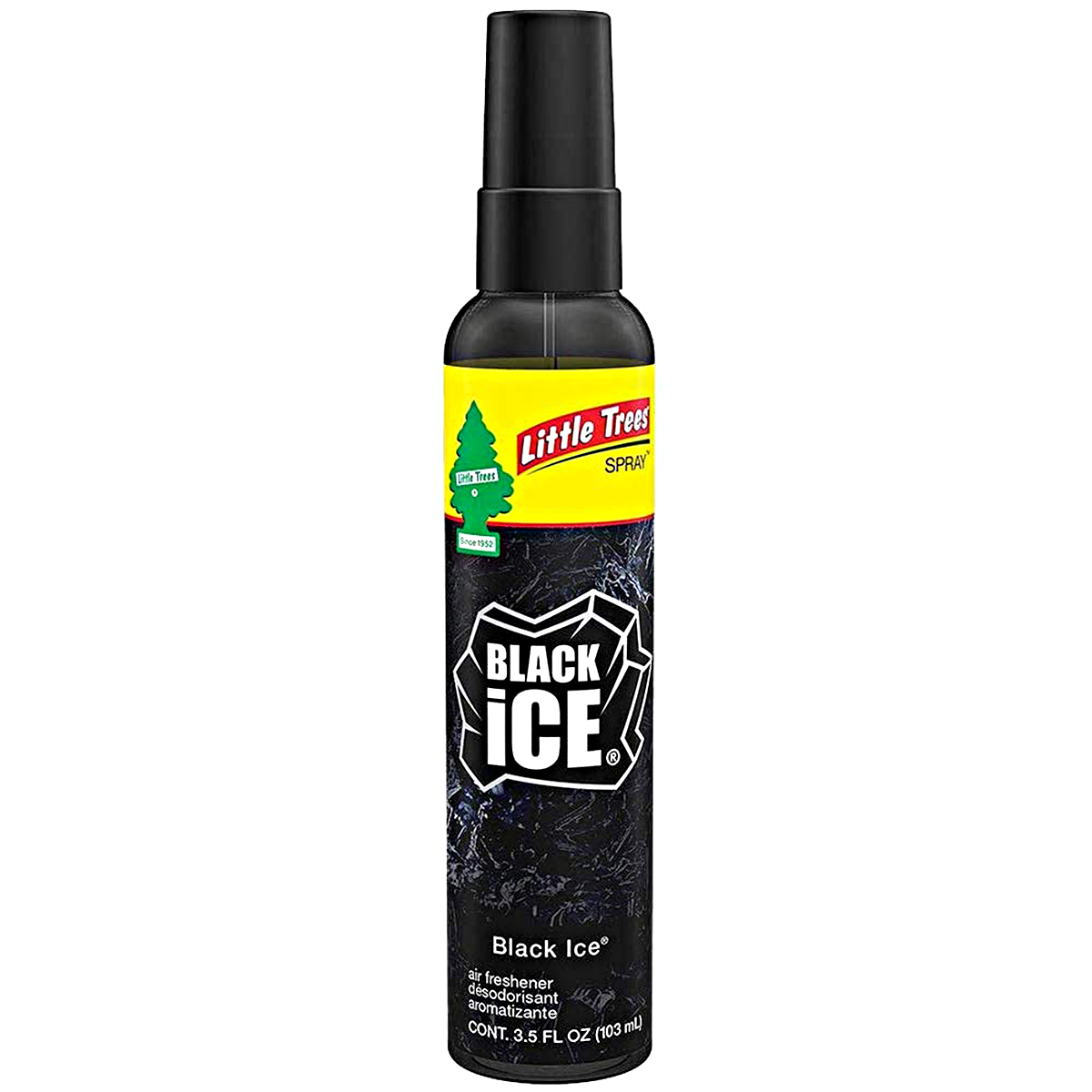
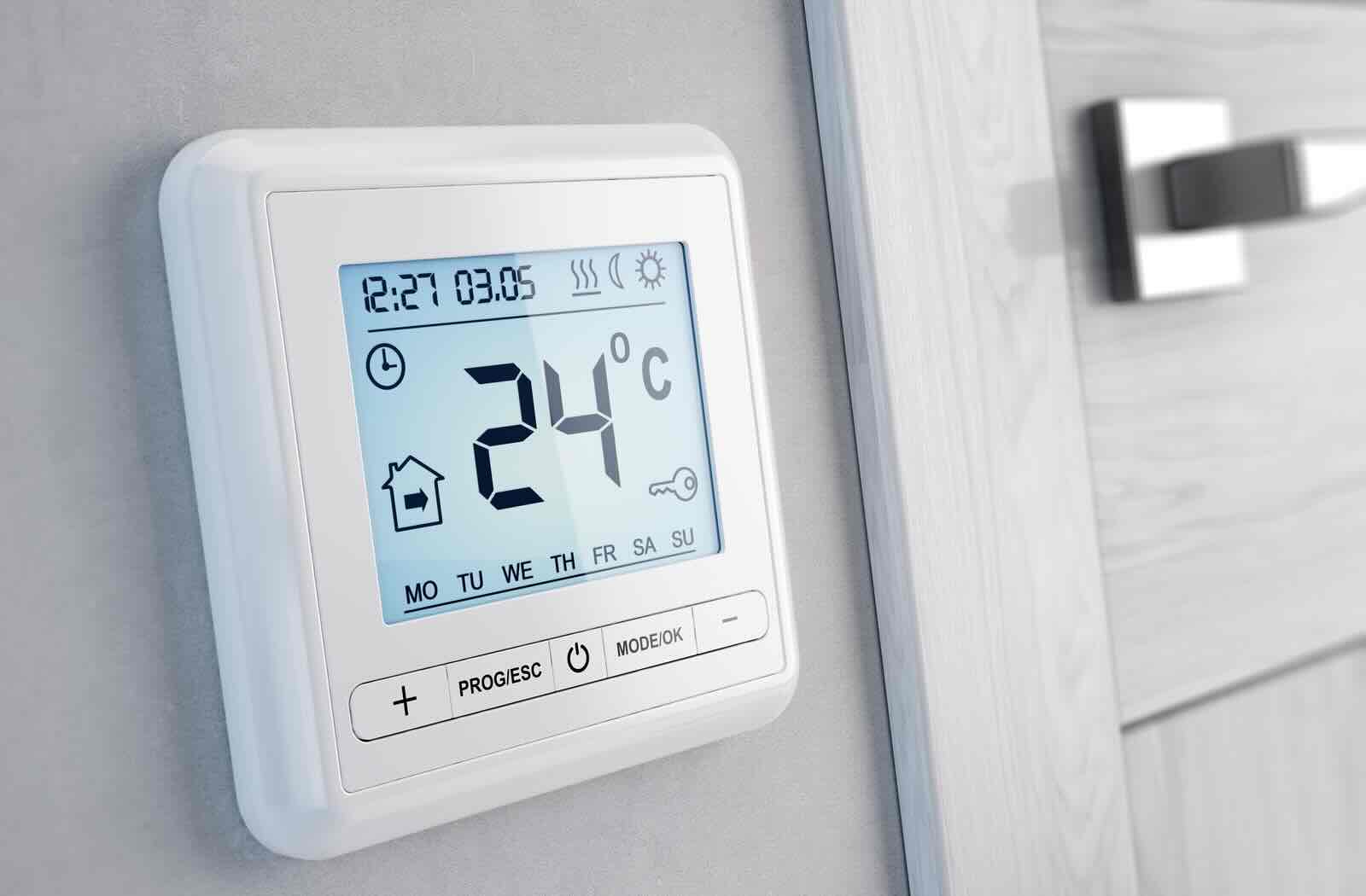
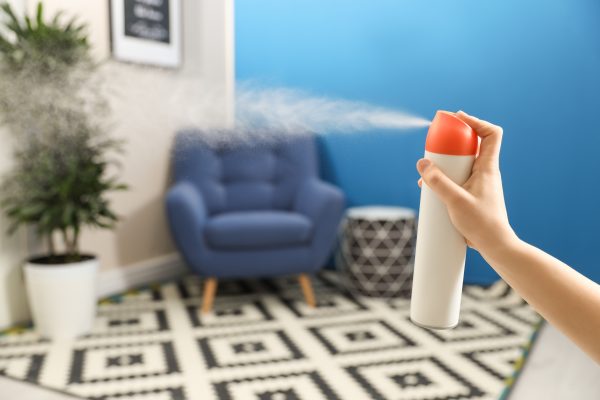

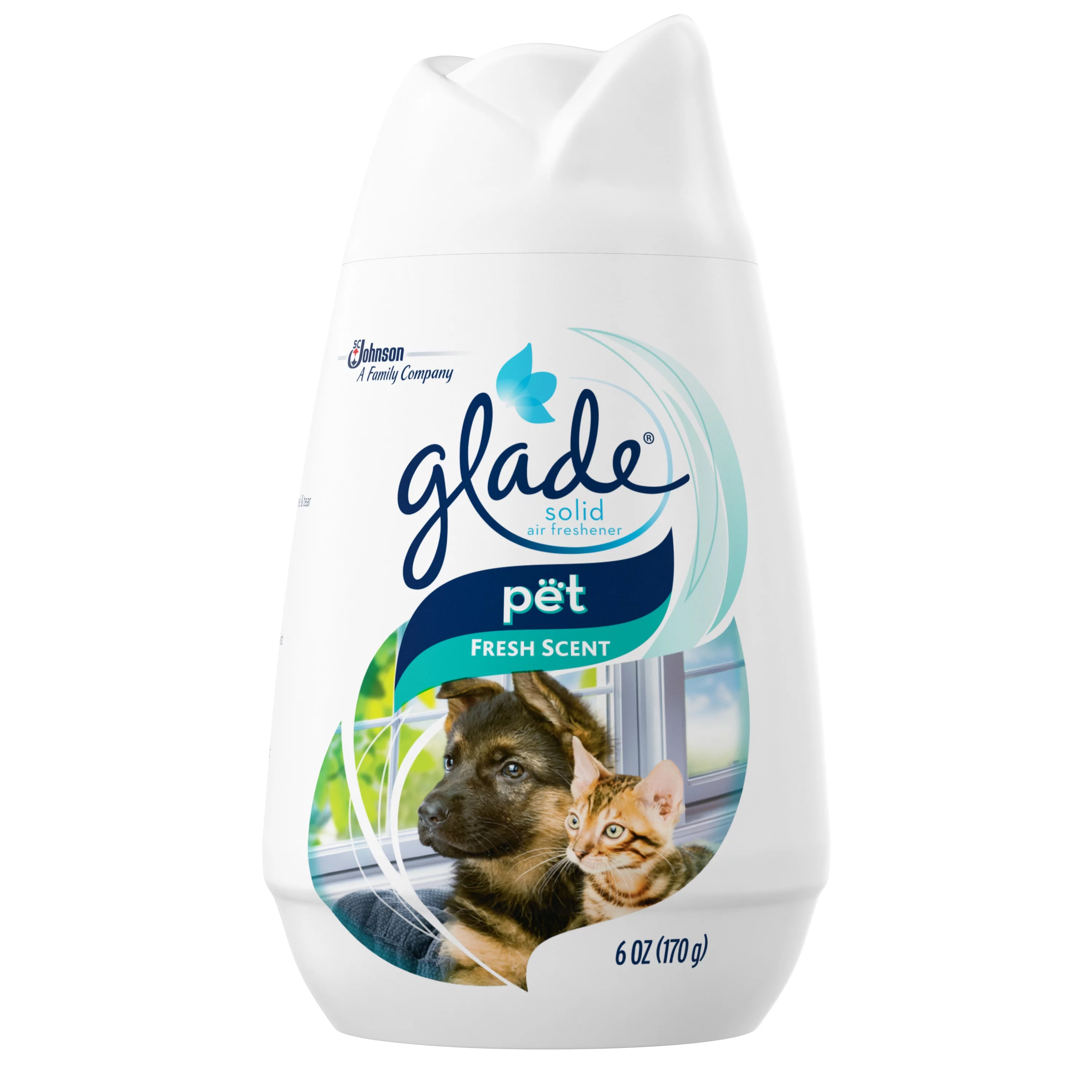

0 thoughts on “What Is The Best Air Freshener For Your Home”